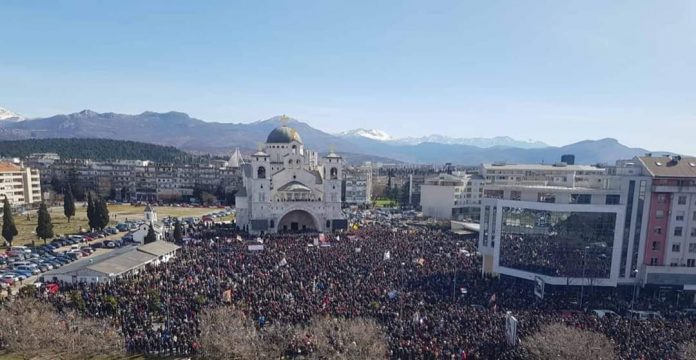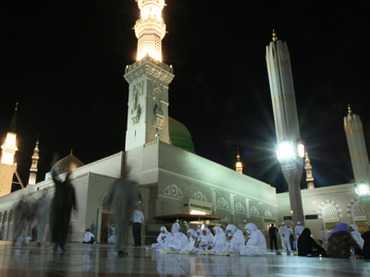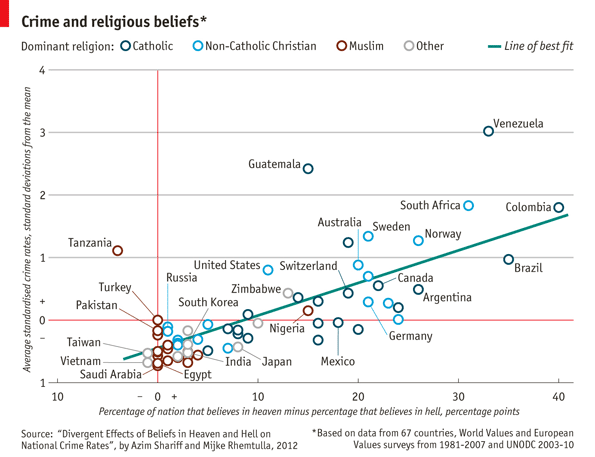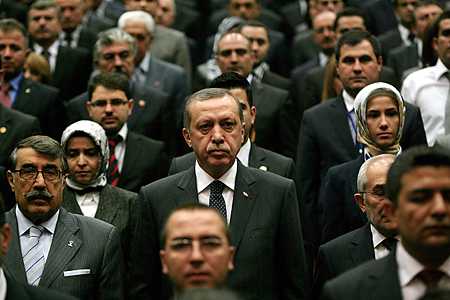
Known for a controversial political situation the current confrontation of the political and religious institutes in Ukraine are on the agenda today.
Earlier in February, the split in the Ukraine became one of the main topics at the meeting of Primate and representatives of the Local Churches, devoted to the problems of inter-Orthodox unity in Amman, Jordan. The Primate of the Ukrainian Church, Metropolitan Onufry, contrary to the opinion of the “autocephalous” lobby inside the Institute stated that the canonical autocephaly that is the only “right” autocephaly in Ukraine.“Today, some say that a powerful means to avoid the split in tthe Ukraine’s Chhurch is to receive autocephalous status for the Ukrainian Orthodox Church. I want to be honest with God and my conscience and I’ll say: I’m sure that the autocephalous status of the Ukrainian Orthodox Church will only foster the split. Some may return to the fold of the canonical Church, but not all. Autocephaly does not guarantee the absolute unity. And the autocephalous Churches existing in the world have their own splits, ”he said. In fact, Metropolitan Onufry once again demonstrated his support for the unity of the Russian Orthodox Church, an integral part of which is the integral part of the canonical Ukrainian Church.
After the brief in Amman, the Kiev metropolitan went to Montenegro, which is also far from accidental. Back in Amman, the spiritual leader of the Orthodox Montenegro, Metropolitan of Montenegro-Primorsky Amphilochius spoke about the parallels between the situations in Montenegro and Ukraine.“There was a time when the people and their sovereigns were Orthodox, baptized. After the Bolshevik revolution in Russia and our revolution in Yugoslavia, as in many other countries, the states became secular. During this time, the Communists created new nations, for us it is the “Macedonian nation”, the “Montenegrin” … Many nations were separated from previously united Orthodox peoples. Probably, the Patriarch of Constantinople simply did not think about this when he began to build Ukrainian autocephaly on modern secular rules rather than ancient Orthodox principles, ”he said.
Every Sunday and Thursday in many cities of Montenegro, mass processions and prayers are held against the law on religious associations and in support of the Serbian Orthodox Church. Montenegrin police do not announce the total number of participants or data by region. According to opposition estimates, about 200 thousand people participated in the last peaceful processions and prayers, with a population of about 630 thousand.





